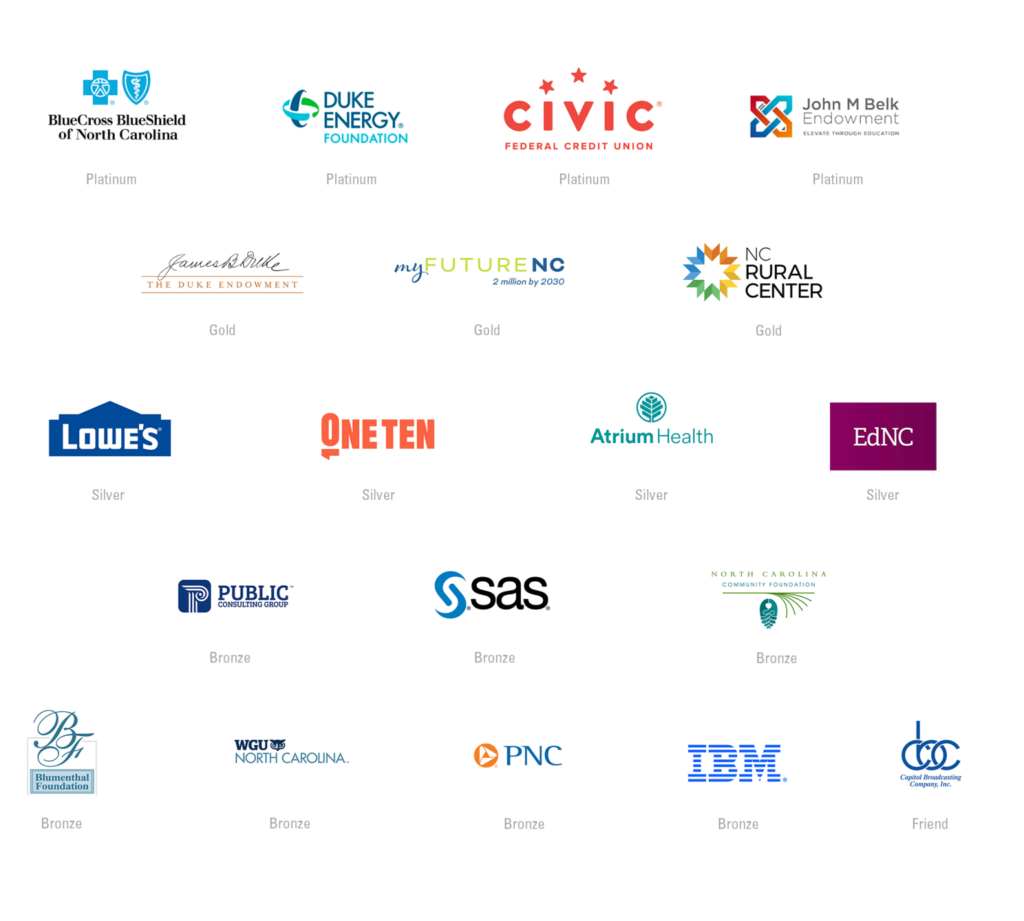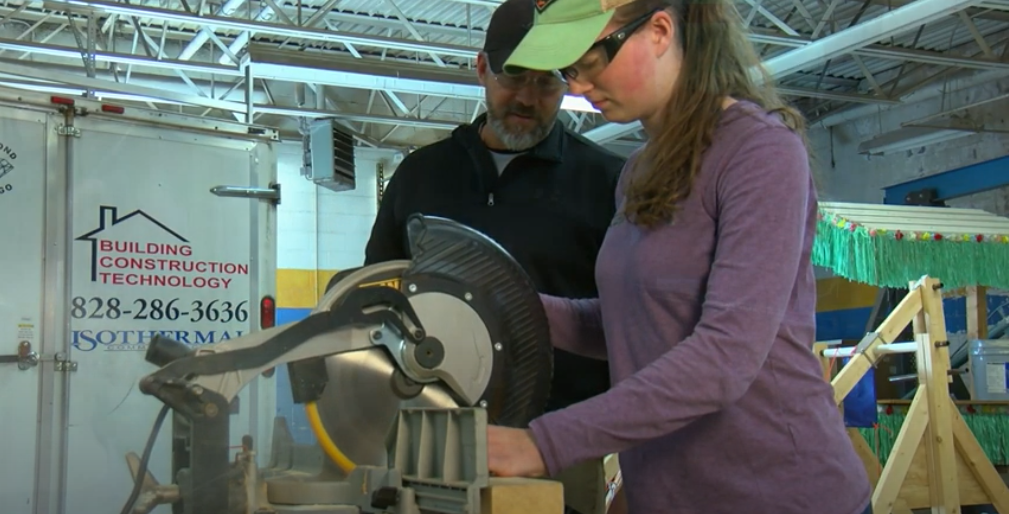Advancing Together: Enhancing NC’s Workforce Through Educational Attainment
2022 Emerging Issues Forum
The Challenge
As our economy grows the vast majority of new jobs will require more than a high school diploma. Today, less than half of North Carolinians ages 25-44 are ready for this work. As set by myFutureNC, with the strong support of the North Carolina General Assembly, the Governor, and the education and business communities, the current goal is 2 million North Carolinians with a high-quality credential or postsecondary degree by 2030. But absent intentional action, we face a significant gap between the skills and experience that employers will need and what the state’s labor force will be able to provide. Even more worrisome, economically disadvantaged and workers of color, the segments of the workforce growing fastest, are particularly less equipped for this future. And this was before the pandemic.
The Opportunity
The 2022 Emerging Issues Forum brought together local, state and national leaders to call attention to this attainment gap and to the impact of the pandemic on efforts to close it. Because education is fundamentally local in character, a particular focus was on spurring effective action at the community and regional levels across the state. The event showcased promising practices that help all students—younger and older, White and of color, richer and poorer—to get ready for, gain access to and to successfully complete postsecondary educational opportunities. The importance of effective collaboration was highlighted, especially the role of the business community in promoting curriculum alignment, offering work-based learning and advocating for a competitive workforce.
Moving Ideas to Action
A central goal of the Forum and a series of regional meetings afterwards is to promote local-level action that boosts educational attainment levels, especially for lower-income and students of color. This will happen by lifting up effective practices, policy supports and by offering capacity-building workshops. And following a practice honed over the past three years, IEI has selected and will highlight and support the work of a cohort of five communities from across the state that are moving the needle for these students. More information on IEI’s community cohort program can be found on the Communities page.
Our Sponsors

